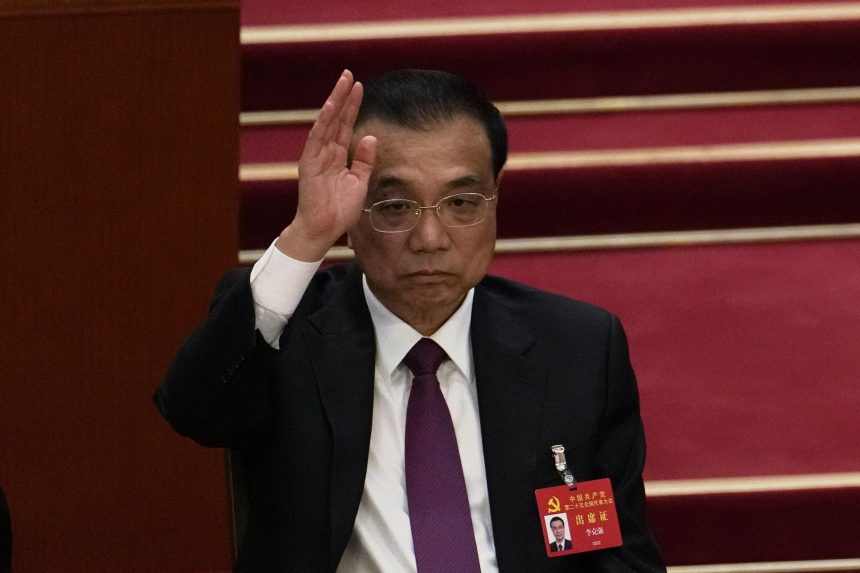Former Chinese Premier Li Keqiang, a well-regarded reformist leader who once held promise as the country’s future head of state but was overshadowed by President Xi Jinping, passed away at the age of 68.
The Herald gathered that his death followed a heart attack that occurred on Thursday and was officially announced by the state-run news agency Xinhua early Friday.
China’s foreign ministry expressed deep sorrow over Li’s untimely passing, and an obituary is expected to be published soon.
During his decade-long tenure as premier alongside Xi, Li was perceived as a more modern and progressive official compared to some of his more conservative colleagues.
With a background as a career bureaucrat and fluency in English, he advocated for economic reforms during his time in office.
Li’s journey to becoming premier began in the impoverished Anhui province of eastern China, where he worked as a labourer during the tumultuous Cultural Revolution from 1966 to 1976.
He later earned a law degree from Peking University and was known to embrace Western liberal political theory during his student days.
However, his perspective shifted towards a more orthodox stance as he entered the Chinese bureaucracy in the mid-1980s, notably during the 1989 pro-democracy protests.
Throughout his career, Li held leadership roles in Henan and Liaoning provinces, both of which experienced economic growth.
Yet, his reputation was marred by his handling of an HIV/AIDS epidemic linked to a contaminated blood donation program during his time as party chief in Henan.
Appointed as premier in 2013, Li aimed to address China’s profound economic challenges but faced constraints due to the overwhelming authority wielded by President Xi. Once considered a potential rival for China’s top leadership position, Li was largely overshadowed by Xi.
Li’s tenure marked a shift from the consensus-based leadership style of previous Chinese leaders to a more centralised concentration of power under Xi.
Li’s death marks the end of an era in Chinese politics and leaves questions about the future direction of the nation’s leadership.

